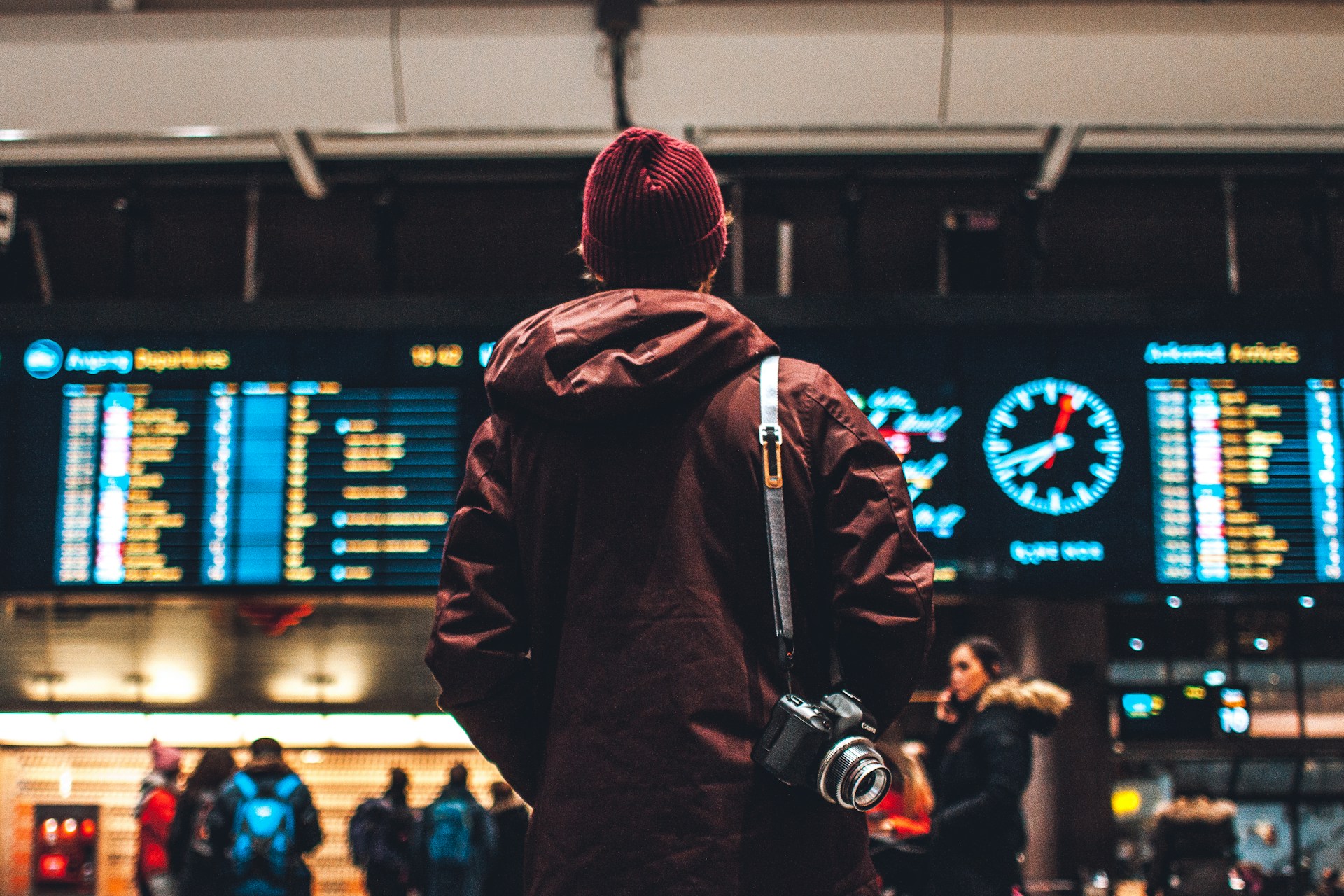Bali Airport is dedicated to enhancing the travel experience for both domestic and international flyers. Initiated in late 2023, it introduced new automatic gates to expedite the immigration process and plans to add more.
Recently, Bali Airport expressed apologies for any disruptions caused by installing an additional 30 automatic gates in the international arrivals area. Top officials have issued directives to accelerate the installation process in anticipation of the peak travel season for Australian vacationers.
Pramella Y Pasaribu, the Chief of Bali’s Regional Office of the Ministry of Law and Human Rights, told the media, “We are directing efforts to finish this project sooner than anticipated.”
Following the Eid festival, the airport aims to install 20 more automatic gates at the international departures terminal, totaling 80 automatic gates at Bali Airport. Implementing these gates has already streamlined the entry procedure for numerous visitors.
Bali Airport’s management aims to improve passenger flow, particularly during the peak season when long lines might cause delays at immigration counters. Before the pandemic, travelers from countries like Australia, New Zealand, most European nations, and the United States enjoyed visa-free entry. Now, visitors from over 90 countries must obtain a visa upon arrival, costing IDR 500,000 for a 30-day stay.
The new automatic gates significantly hasten the arrival and immigration process. Indonesian citizens, foreign nationals with electronic passports, and holders of electronic visas, including the e-Visa on Arrival, can use these gates. Expatriates in Bali with a KITAS, KITAP, or BVK registered on the Indonesian E-Visa platform are eligible to use the automatic gates at Bali Airport and Jakarta’s Soekarno Hatta International Airport.
These gates employ facial recognition technology and advanced border control systems for efficient and swift entry processing. Tourists planning to visit Bali during the peak season, typically from late May to early September, should arrange their electronic visa beforehand.
The electronic Visa on Arrival fee is the same as the standard visa and can be applied for online. Families and groups can apply for the e-Visa on Arrival for up to five individuals at once, which also applies to children. The visa costs IDR 500,000 per person and can be paid with a debit or credit card in Indonesian Rupiah.
Rising Tourist Influx Sparks Investment Opportunities in Bali’s Rental Market
As Bali Airport advances with its infrastructure enhancements, notably the installation of more autogates, the expected increase in tourist arrivals presents a compelling opportunity for investment in Bali’s rental property market.
The airport’s acceleration of processing capabilities is a clear indicator of Bali’s readiness to welcome a larger influx of international visitors. This uptick in tourism, especially during the high season, will likely translate into higher demand for accommodations, making property investments in Bali increasingly attractive.
The convenience and efficiency provided by these new airport facilities mean that tourists can expect a smoother entry into Bali, enhancing the island’s overall appeal as a holiday destination. This ease of access is critical in holiday planning and can influence repeat visits and longer stays.
Moreover, the diverse demographics of tourists, including families, solo travelers, and groups, indicate a broad market for various rental properties. From Bali luxury villas to budget-friendly apartments, the rental market in Bali is ripe for expansion to cater to these differing needs.
Additionally, the fact that the peak travel season aligns with Australian vacation periods presents a targeted opportunity for property investors. Tailoring rental properties to appeal to Australian tourists could be a strategic move, considering their significant contribution to the tourist numbers in Bali.
Investors should also consider travelers’ evolving preferences. They increasingly seek accommodations that offer both comfort and authentic experiences. Properties that reflect Bali’s unique culture and environment or those that provide special amenities and services are likely to be more appealing to the modern traveler.


